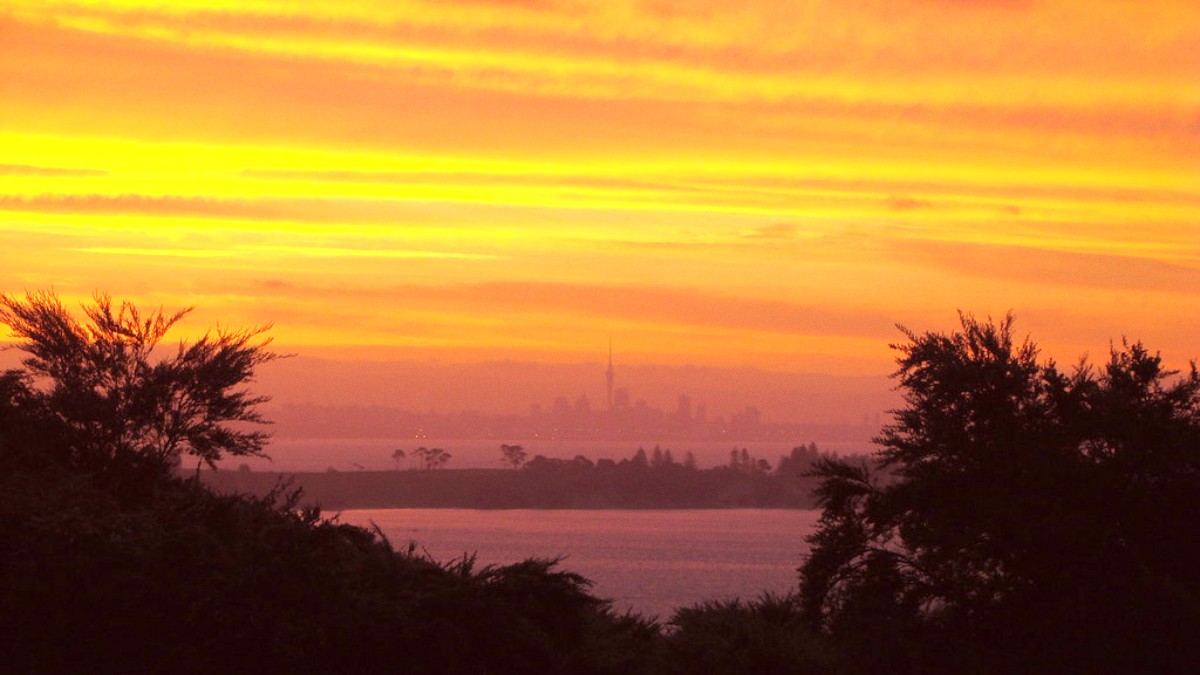
Auckland Region, New Zealand
Waiheke Island exists within the significant Hauraki Gulf Marine Park, emphasizing marine conservation. Whakanewha Regional Park conserves native bush and birdlife.
New Zealand emphasizes recycling. Find separate bins for general waste and recycling (for plastics 1-7, paper, cardboard, glass, and cans) at accommodations and public places. Follow sorting instructions.
Waiheke Island largely relies on rainwater harvesting. Water conservation is of great importance, especially during the dry summer months (December-February). Use water sparingly.
Choices for visitors hold a direct influence on the island's well-being.
Look for accommodation providers that highlight their sustainability practices. These may include waste reduction programs, water conservation, use of renewable energy, and active support for local conservation projects.
Reduce waste by bringing your own reusable coffee cup for takeaway drinks and a reusable water bottle (tap water is safe). Carry a reusable shopping bag as New Zealand has a plastic bag ban.
Predator Free Waiheke: A community-led initiative aiming to eradicate introduced predators (like rats, stoats, and possums) from the island. This protects native bird species and wildlife.
Look for tour operators that highlight their sustainability practices and community involvement, ensuring a positive contribution to the island.
Prioritize spending your money with local Waiheke businesses. This includes locally owned and operated restaurants, shops, art galleries, vineyards, and tour operators. This channels your spending directly to the community rather than leaving the island.
The Rainforest Site (GreaterGood) provides an avenue to support conservation through purchases.Look for products that are locally made or certified fair trade. The Ostend Market presents an excellent place to find artisan goods and produce that directly support local creators.
No specific major issues of exploitation are prevalent on Waiheke. Avoid activities that exploit animals or local populations in any destination. Support ethical practices and contribute to local conservation groups or community trusts that support local projects and welfare.
Engaging respectfully with local culture forms a core element of responsible travel.
Support Māori cultural initiatives and businesses on the island. Dedicate time to learn about local Māori history and protocols (tikanga), especially if you have an opportunity to visit a marae (Māori meeting grounds).
If you visit a church or any other religious site, dress respectfully (covering shoulders and knees is usually appropriate) and be mindful of ongoing services.
Your spending choices directly affect the local economy and community of Waiheke Island. Responsible spending fosters sustainable tourism.
This includes restaurants, shops, and tour operators.
The Ostend Market presents opportunities to find artisan goods and fresh produce, directly supporting local creators.
Consider contributing to local conservation groups or community trusts that support local projects and welfare.